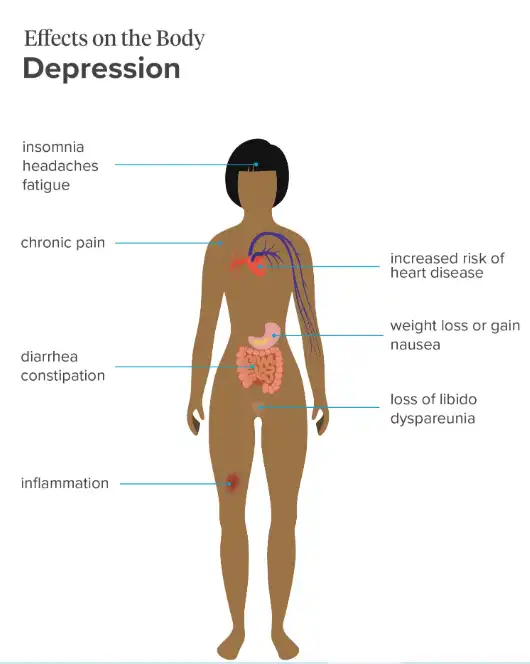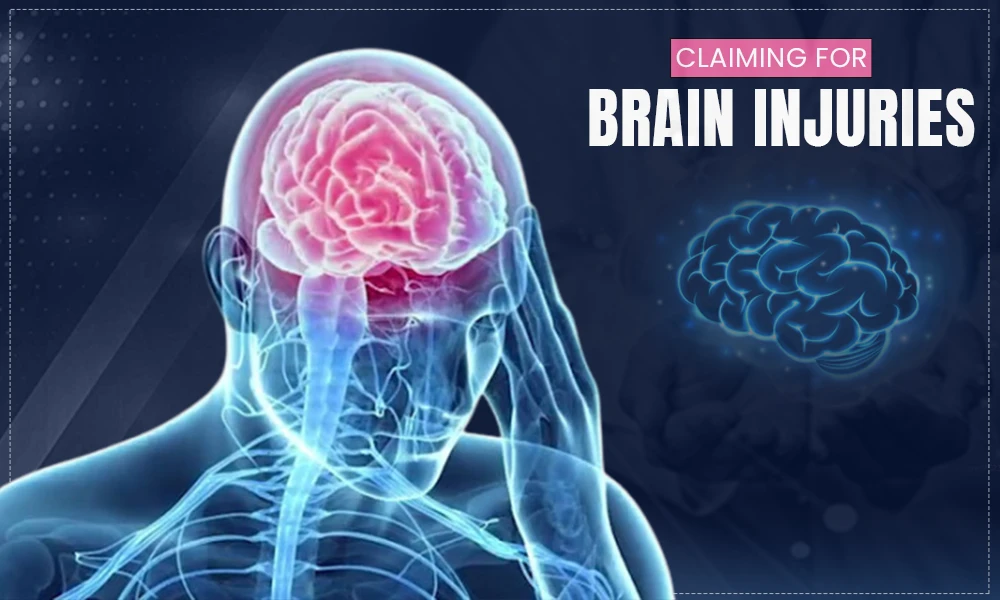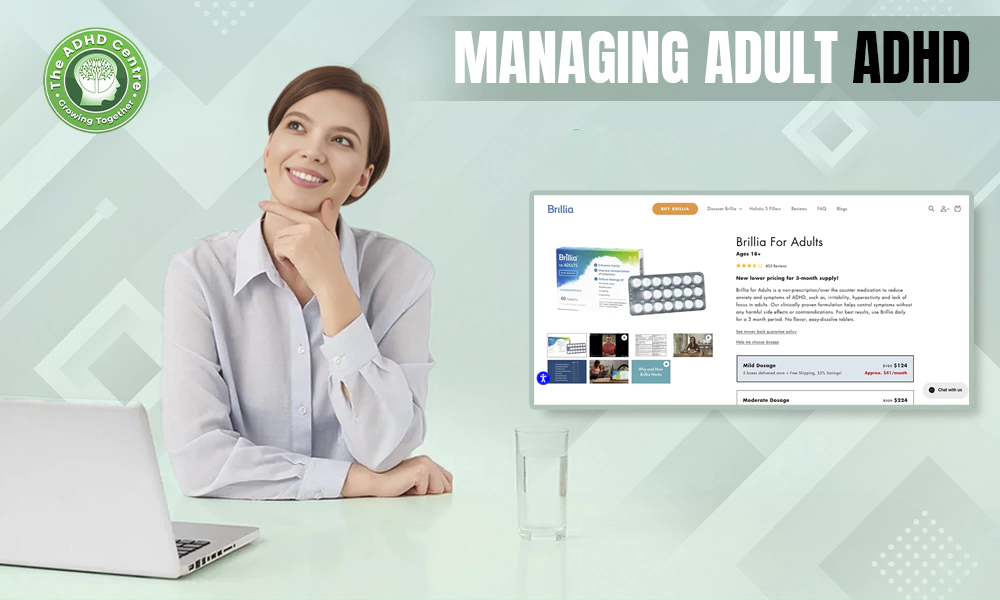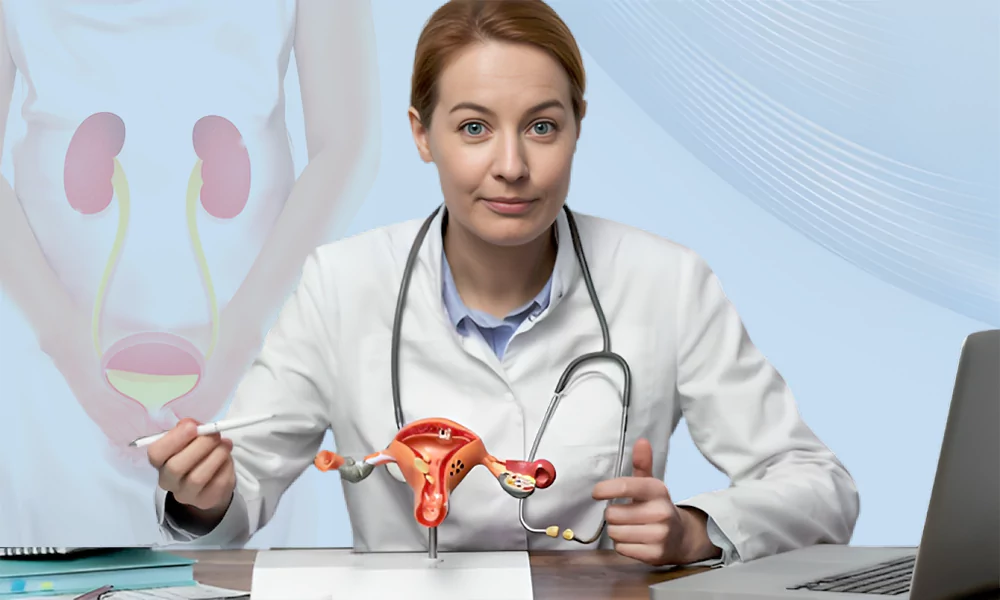From Mental to Physical: Can Depression Make You Sick?

Key Takeaways
- There is a complex relationship between mental and physical well-being.
- Depression effects can extend to physical health, triggering various health conditions.
- Physical symptoms include weakened immunity, gastrointestinal issues, and inflammation.
- Strategies for holistic wellness include regular exercise, embracing mindfulness, and seeking professional help.
Depression is being colorblind and constantly told how beautiful the world is.
The intricate dance between our mental and physical well-being has long intrigued the minds of researchers and healthcare experts alike. As we delve deeper into the enigmatic relationship between mind and body, it becomes increasingly clear that emotional health can exert a profound impact on our corporal state.
In this deep dive, we embark on a quest to answer a thought-provoking question: Can depression make you sick?
Together, we’ll navigate the intricate interplay between mental and physical health, shedding light on how depression’s hidden effects can manifest in physical symptoms.
Join us as we journey through the labyrinth of the mind-body connection, exploring strategies to address this intricate bond.
The Unseen Link: Where Mind Meets Body
Imagine a delicate thread weaving through the tapestry of our existence, connecting our thoughts and feelings to the very core of our physical being.
This thread, known as the mind-body connection, is a remarkable phenomenon that underscores the interwoven nature of our psychological and physiological states. Our thoughts, emotions, and overall mental health possess the uncanny ability to influence the functioning of our bodily systems.
Nowhere is this connection more apparent than in the realm of depression, where the ripples of emotional distress can reverberate far beyond the boundaries of the mind.
Can Depression Make You Feel Sick? Exploring the Possibilities
The question of whether it can cast a shadow over physical health has garnered the attention of scientists and medical practitioners alike. Although depression is primarily recognized as a mental health challenge, emerging research suggests that its effects can extend their insidious reach into the realm of the corporal, potentially triggering and exacerbating various health conditions.
Recent studies have cast a spotlight on the intricate ways it leaves its fingerprints on the body. The surge of stress hormones, particularly cortisol, during episodes of chronic stress and depression, has the potential to induce a cascade of physical changes.
These changes may include an accelerated heart rate, heightened blood pressure, and a compromised immune system. Over time, these physiological shifts may set the stage for the emergence or worsening of a range of illnesses.
The Hidden Toll of Depression: A Closer Look at Physical Symptoms

Weakened Immune System
A link between depression and a suppressed immune system has been established, rendering individuals more susceptible to infections and ailments. Prolonged stress, often its companion, can disrupt the delicate balance of hormones, undermining the immune system’s ability to ward off diseases.
As a result, those grappling with this mental health problem may find themselves vulnerable to illnesses, experiencing more frequent bouts of sickness and extended recovery periods.
Inflammation and the Ripple Effect
Scientific exploration has illuminated a potential connection between depression and heightened inflammation levels within the body.
Chronic inflammation has been identified as a catalyst for a spectrum of health issues, including cardiovascular diseases, diabetes, and certain forms of cancer. Its potential to trigger inflammation underscores its role in cultivating an environment conducive to chronic diseases.
A Gut Feeling
Depression sickness isn’t confined to the mind and heart alone; it extends its touch to the intricate realm of the gastrointestinal system. Conditions like irritable bowel syndrome (IBS) and chronic indigestion have been associated with it.
The gut-brain axis, often referred to as the “enteric nervous system,” highlights the profound impact of emotional stress on digestive processes.
Moreover, depression-induced physiological changes may disrupt the gut microbiome, a key player in overall well-being, potentially amplifying gastrointestinal distress.
The Cycle of Influence: How Physical Symptoms Can Affect Depression
Mood Impact
Its physical toll can further deepen the well of emotional turmoil. Individuals grappling with both depression and bodily symptoms may find their moods plummeting to new depths.
Feeling sick when depressed, such as fatigue or discomfort, can trigger a cascade of negative emotions, including heightened hopelessness and diminished energy levels.
Erosion of Quality of Life
Persistent physical symptoms can significantly erode an individual’s overall quality of life. The weight of constant sickness can curtail the ability to partake in joyful activities, connect with others socially, and fulfill daily responsibilities.
This decline in well-being can exacerbate depressive symptoms, laying the foundation for a disheartening cycle in which depression begets physical symptoms and vice versa.
Navigating the Mind-Body Link: Strategies for Holistic Wellness
A Holistic Approach
Navigating the complex interplay between being sick and depressed necessitates a comprehensive and multifaceted approach to treatment. Collaborative care, uniting mental health professionals, primary care physicians, and specialists, presents an effective strategy.
This comprehensive approach aims to promote overall healing and well-being, by addressing both the psychological and physiological facets of depression.
Embracing Mindfulness
Incorporating mind-body practices such as mindfulness meditation, deep breathing exercises, and yoga into daily routines can offer solace. These practices serve as a balm, soothing both depressive symptoms and their impact on physical health.
Weaving these techniques into the fabric of our lives, can cultivate resilience against the detrimental effects of stress and potentially alleviate bodily symptoms associated with depression.
The Power of Movement
Regular physical activity wields the power to nourish both mind and body. Exercise serves as a conduit for the release of endorphins, those natural mood enhancers, while also championing cardiovascular health and quelling inflammation.
Engaging in activities like brisk walks, invigorating jogs, refreshing swims, or even joyful dances can uplift spirits and contribute to overall physical well-being.
Seeking a Guiding Hand: Knowing When to Seek Help

Unrelenting Physical Symptoms
Should persistent physical symptoms accompany depression, seeking the guidance of a healthcare professional is vital. Their expertise can help decipher the underlying causes, rule out any accompanying medical conditions, and craft a tailored treatment plan.
Addressing these phenomena in tandem with their forms is the cornerstone of comprehensive care and a journey toward optimal recovery.
Intensified Depressive Symptoms
Heightened depressive symptoms, such as profound sadness, heightened irritability, or disruptions in sleep patterns, warrant reaching out for professional help.
Mental health experts possess the tools to assess your situation, recommend suitable interventions, and guide you through the intricacies of managing both the emotional and physical dimensions of depression.
In Summation
The mind and body form an intricately woven tapestry, where the question “Can depression make you sick?” resides at a pivotal crossroads. As emerging research illuminates its potential impact on physical health, it becomes ever more vital to acknowledge and address this profound connection.
Embracing a comprehensive approach that addresses both mental and physical facets, can chart a course through the labyrinth of depression, steering toward the restoration of holistic health and a renewed sense of vitality.
- The Unseen Link: Where Mind Meets Body
- Can Depression Make You Feel Sick? Exploring the Possibilities
- The Hidden Toll of Depression: A Closer Look at Physical Symptoms
- The Cycle of Influence: How Physical Symptoms Can Affect Depression
- Navigating the Mind-Body Link: Strategies for Holistic Wellness
- Seeking a Guiding Hand: Knowing When to Seek Help
- In Summation










